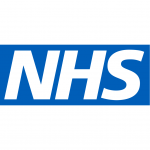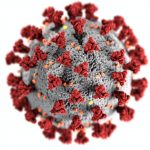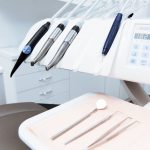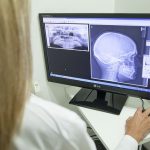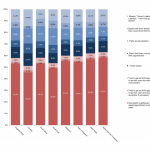With dentists across the UK beginning to open their doors to patients, a significant backlog of people needing dental treatment as a result of the pandemic, and costs of treatment likely to increase – offering access to dental care is set to become one of the most popular health and wellbeing benefits, predicts Towergate Health & Protection.
Brett Hill, Distribution Director at Towergate Health & Protection, said: “With most dentists forced to shut due to Covid-19, only treating or referring urgent cases, businesses and employees alike will want to get back on track with dental care now that surgeries are gradually reopening. With access to NHS dentistry about to become more difficult than ever, and costs for private dentistry expected to rise, we are likely to see an increase in businesses investigating options available to support staff with their dental health, such as providing greater financial support for check-ups and treatment.”
Supporting increased cost
Dentists may well look to pass increased cost – due to additional spend required for Covid-19 infection control – on to patients. As a result, businesses will be looking at ways to help employees manage the additional financial burden by providing benefits that can support this outlay. Dentist surgeries are having to invest in PPE, to meet Public Health England requirements for operating safely, and won’t be able to see as many patients as before – to adhere to social distancing and cleaning regulations. Some associated costs will need to be transferred to the patient, and dental benefits – such as cash plans or those included within private medical insurance – can help employees with covering the expenditure.
Minimising related absence
Employers will also be keen for those staff suffering with non-urgent requirements to be treated as soon as possible, for their personal wellbeing, and to return to work more quickly and comfortably. As dentists work through the lockdown-induced backlog, demand for services may outstrip supply – so delays are to be expected. Waiting for slots to become available, the increased time required to physically attend appointments, and inability to work because of dental health issues can increase dentistry-related absence; but benefits can help with affordability if treatment is required – potentially preventing further delays from returning to work.
Hill added: “Employers will be very aware of the health concerns their staff may have faced during lockdown and will be eager to support them as restrictions are being lifted. With dental surgeries beginning to reopen across the UK, a key way for businesses to support staff will be by helping them to afford treatment and check-ups. By providing benefits, such as dental insurance or health care cash plans, businesses can support employees with getting their health back on track – in turn, potentially improving wellbeing and absence.”




